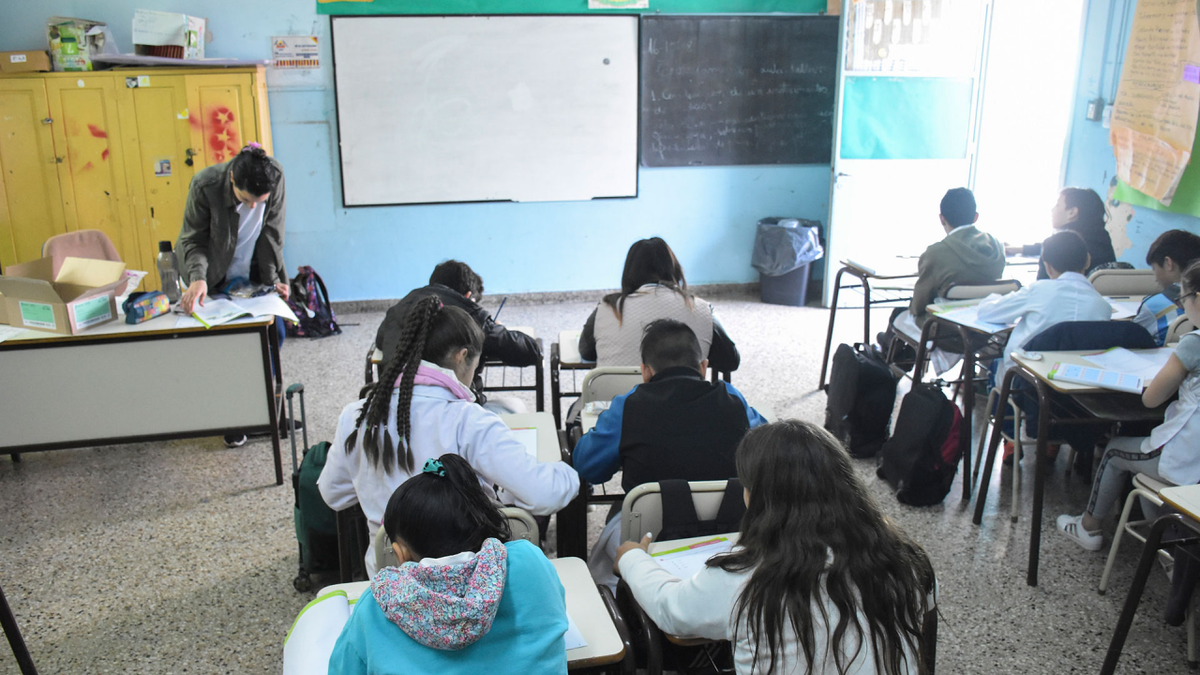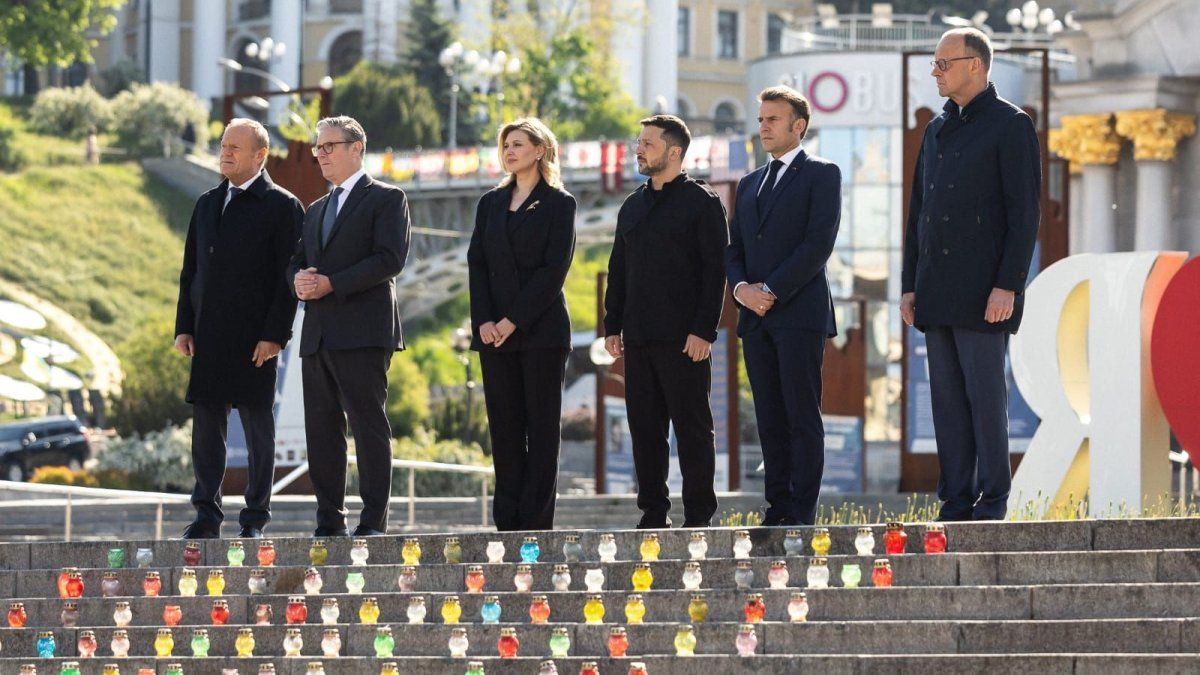After a 40% cut in 2024, the Government will continue with the education adjustment plan for next year. The data arises from an analysis of the 2025 Budget, in which it was verified that Javier Milei’s administration will invest 0.88% of GDP in the area.
In a context of fiscal adjustment, the 2025 Budget project closely follows the Government’s ironclad cuts plan, based on its “zero deficit” premise. The investment of 0.88% of GDP planned for next year is also lower than that of 2024, which allocated 0.91%, and 2023, with 1.48%.
The worrying data arises from the recent report “National education budget 2025“, of the Observatory of Argentines for Education (AE)authored by Javier Curcio (FCE/UBA, IIEP – UBA CONICET), María Sol Alzú and Leyre Sáenz Guillén.
Budget 2025: the Government continues with the adjustment in education
The investment planned for next year implies a nominal increase of 0.65% compared to 2024, although the inflation projection suggests that, if effective measures are not taken, real investment could continue to fall. In this context, the Ministry of Education will benefit from an increase of 6.87% compared to the projected closure of 2024, but this figure places it in 14th place among the State functions that will receive more resources.
While higher education accounts for 66.5% of the Secretariat’s budget, other programs, such as the National Literacy Plan, will receive 11.6%. However, the elimination of key programs, such as “Conectar Igualdad”, is expected, which puts educational access and quality in check, especially for the most vulnerable sectors.
In dialogue with ScopeLeyre Sáenz Guillén, member of the Observatory of Argentines for Education explained: “The Educational Financing law was only fulfilled in 2025. The law stipulates that a floor of at least 6% of GDP must be allocated to Education, but not details how much corresponds to the Nation and how much to the provinces”.
“This places us today with a debt equivalent to an entire budget item for education, if we add the accumulated debt in 18 years since the law was passed until today,” added Sáenz Guillén.
Regarding the published report, the specialist pointed out that “in 2023, 1.48% of GDP was invested by the Nation and in 2024, 0.91% was invested, which represents a brutal drop if we look at the historical series. It is a drop very strong.”
“When we see in real terms, from 2023 to 2024 investment in education fell by 40%, while spending in public administration fell by 20% in the same period” expanded Sáenz Guillén, comparing the adjustment in other areas of the State since that the Milei government assumed.
Budget 2025: the impact on private sector education
The impact of the cut is suffered by public sector education and also affects the private sector. Ámbito spoke with Marina Jaureguiberry, general secretary of the Argentine Union of Private Teachers (SADOP) to find out what the situation is in the area.
According to Jaureguiberry, the cuts in resources allocated to education in the 2025 Budget impact private sector teaching on three levels.
“The cuts in the central administration affect the set of plans and programs that the former Ministry of Education of the Nation promoted with agreements of the Federal Council in the provincial jurisdictions and in CABA. These initiatives reached private sector schools, such as the elimination of the fund for strengthening the equipment of technical schools, provided in the law of professional technical education; the cut in the proposals for continuous teacher training through the National Institute of Teacher Training (INFOD) or the Fines Plan” he said.
“However, the quintessential example of the impact on teacher salaries due to budget cuts are those of the National Teacher Incentive Fund (FONID) and the Salary Compensation Fund for the provinces that did not reach the minimum,” he said.
“The direct cuts in transfers to the provinces proposed in the 2025 budget have a full impact on the financing of privately managed schools and on teacher salaries. It is the jurisdictions that execute the contribution that reaches the schools and this is allocated to the payment of salaries of teachers and professors. The strangulation of transfers, which is already being carried out and is foreseen in the 2025 Budget, will not only impact the already weakened provincial accounts but will also have, as in the case of health and safety. , direct impact on the defunding of education at all levels and on the payment of teacher salaries. In addition, this affects the composition of the teacher salary in non-remunerative sums, which, in some provinces, reaches close to 80%.
“The 2025 budget as a whole constitutes a roadmap of adjustment and loss of the purchasing power of workers’ salaries. These factors complicate the payment of fees for private schools, since families are exposed to a double movement: on the one hand, their income is increasingly worth less and, on the other, their expenses, including fees, strangle the home economy. Until now we have not seen massive migrations, although we have seen a trickle of students from private to state schools. Jaureguiberry remarked.
Source: Ambito
I am an author and journalist who has worked in the entertainment industry for over a decade. I currently work as a news editor at a major news website, and my focus is on covering the latest trends in entertainment. I also write occasional pieces for other outlets, and have authored two books about the entertainment industry.




